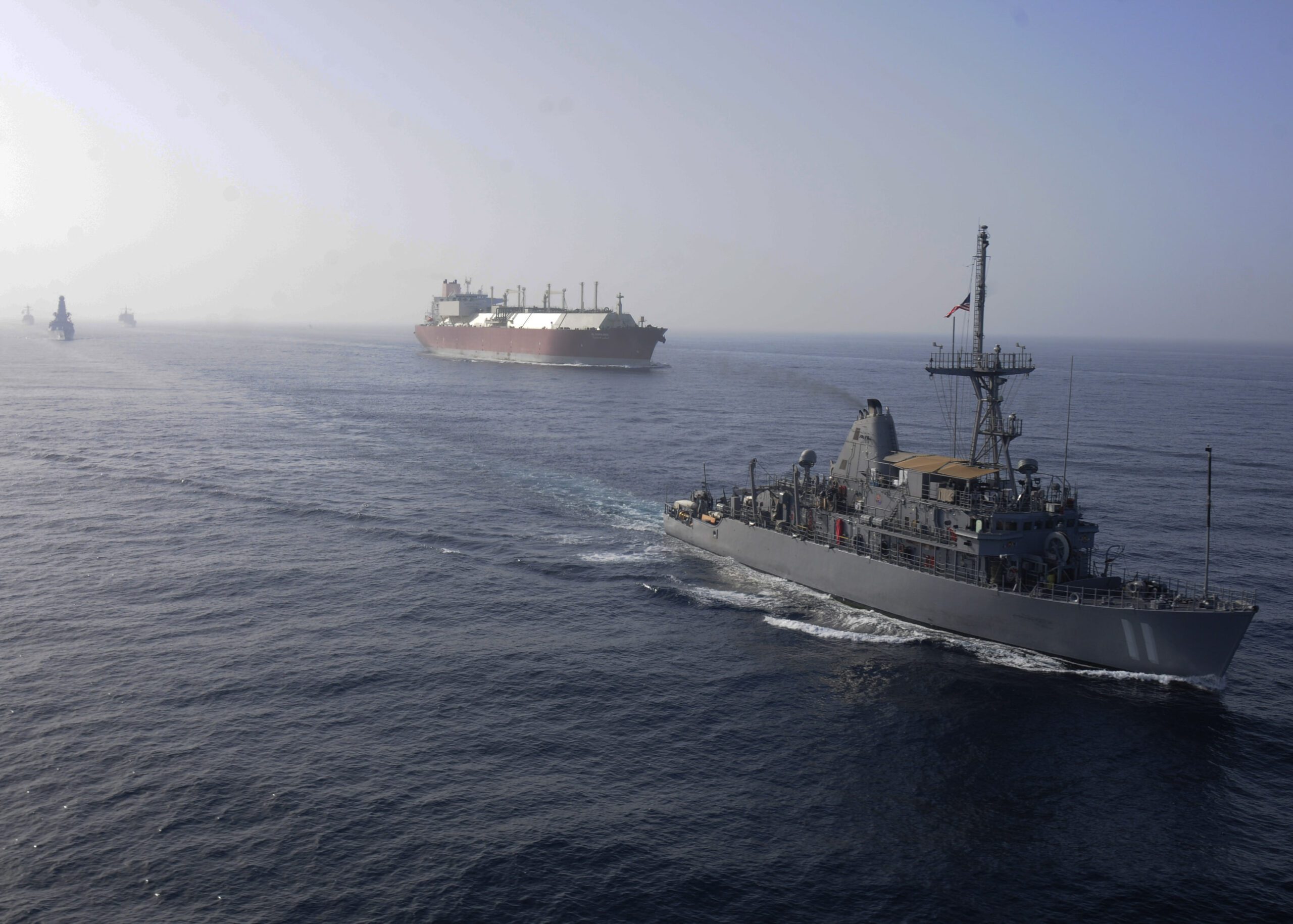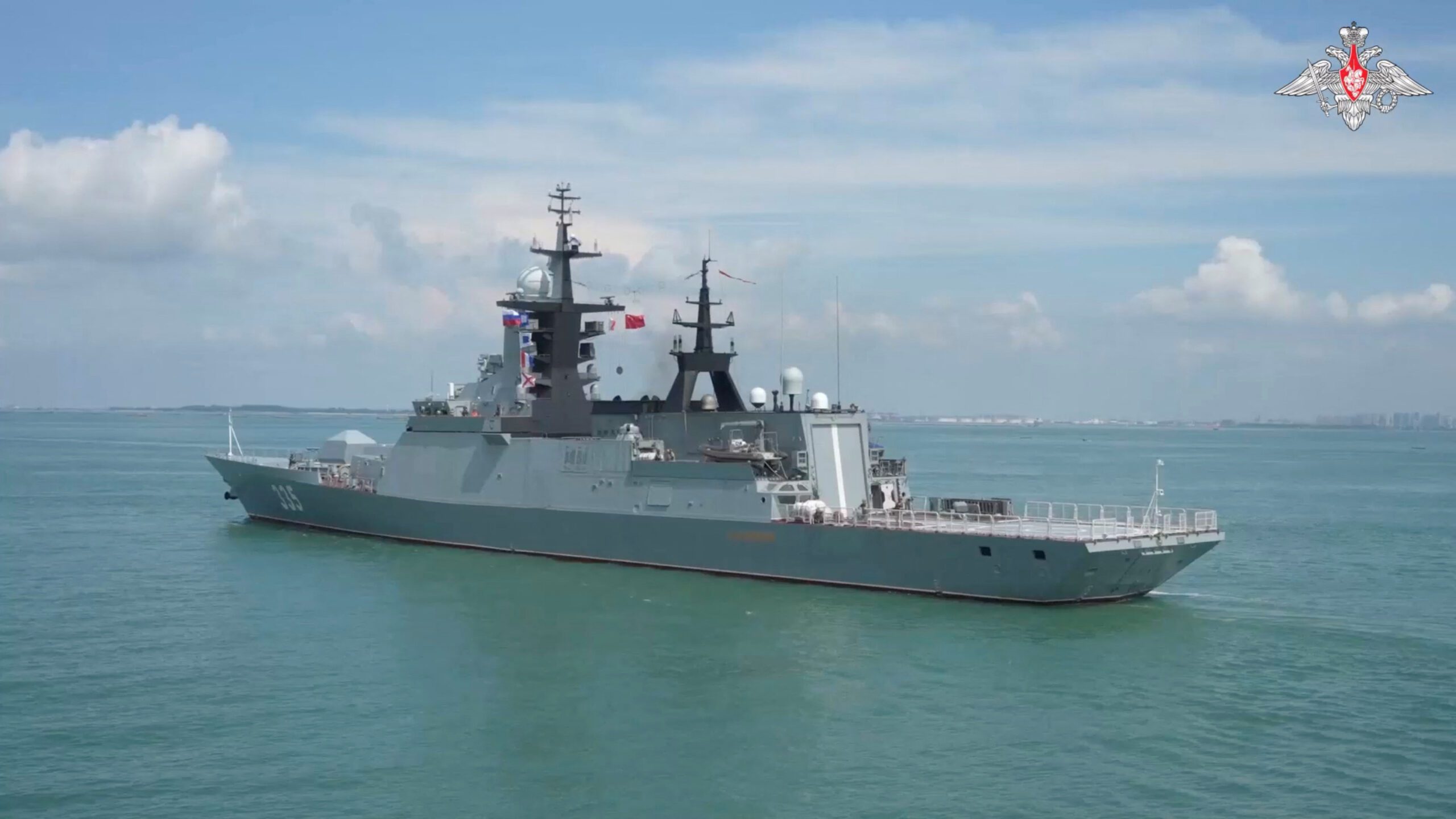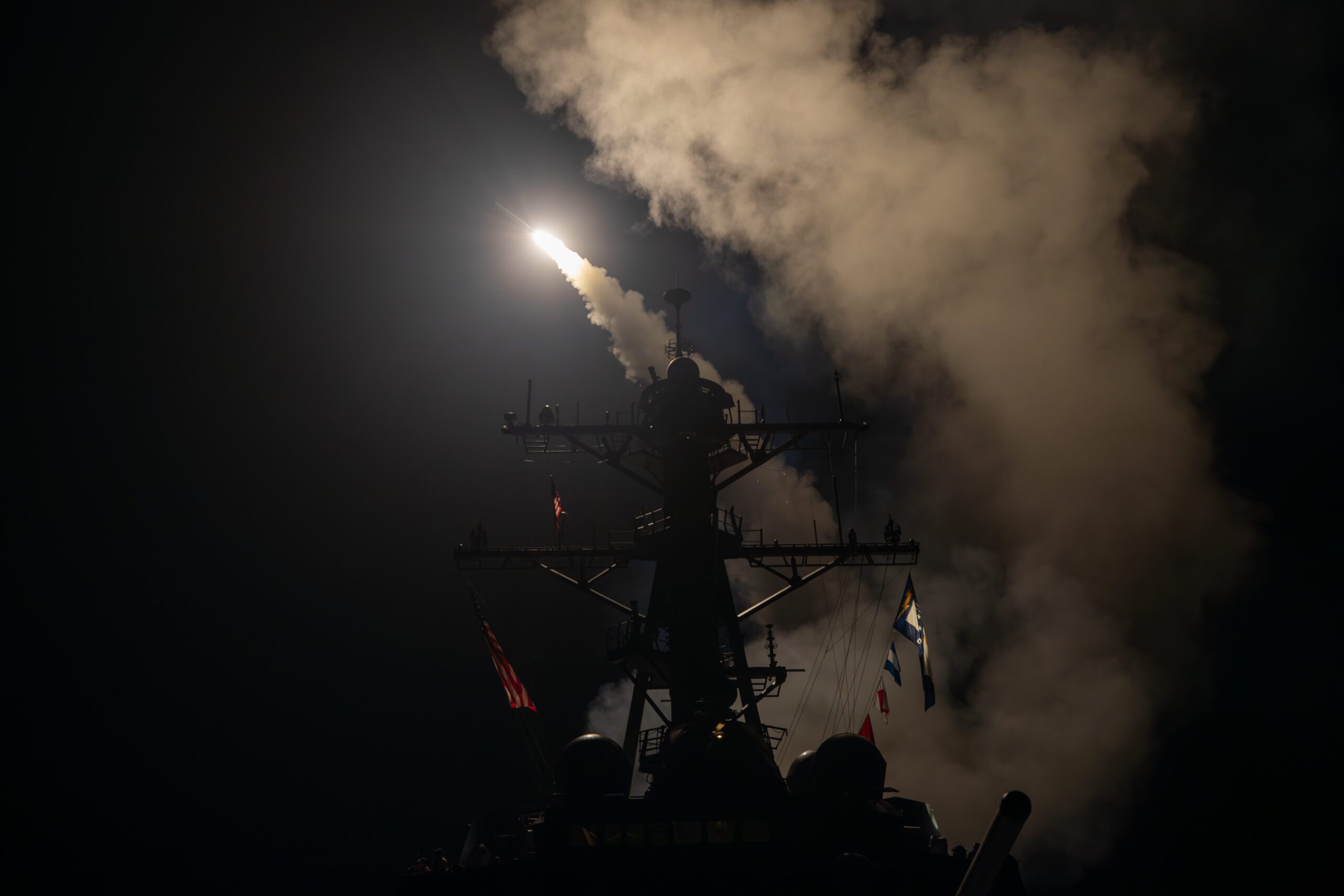(Bloomberg) The global shipping industry was advised to temporarily avoid a key maritime trade route that links Asia to Europe after the US and UK bombed Houthi targets in Yemen overnight.
The countries launched more than 60 airstrikes on Houthi targets in Yemen early on Friday in a bid to stop the Iran-backed attacks in the southern Red Sea. The militant group’s leader vowed a big response, underscoring the immediate need for caution among merchant shippers.
The Combined Maritime Forces, representing 39 navies including both the US and UK, said that all ships should stay “well away” from the Bab el-Mandeb, according to a notice from Intertanko, a trade group representing owners of oil, chemical and gas tankers. The notice was also reported on the website of a top shipping insurer.
Until now, the vast majority of Houthi attacks on vessels have been against container ships carrying manufactured goods, causing a vast rerouting of trade. Even so, commodity trading giant Trafigura Group estimated on Thursday, even before the strikes, that oil and gas tanker movements were down by 15% to 20%.
BIMCO, another big trade group, confirmed that military advice was to avoid the area of hostility — effectively shutting off the southern Red Sea for transit.
“Should the situation escalate, all ships must be expected to avoid the Red Sea until safe passage is restored and effectively close the Suez Canal for all ships” except for vessels that aren’t going all the way through the Red Sea, said Niels Rasmussen, BIMCO’s chief shipping analyst.
Multiple tankers carrying oil products and chemicals that were headed toward the Bab el-Mandeb Strait either slowed down or u-turned around the time of the attacks, although some vessels were still going through, digital vessel-tracking showed Friday. One shipbroker reported that most oil tanker owners have elected to pause transits through the area though some were continuing.
Merchant shipping has a longstanding right to freedom of passage, meaning that vessels are still legally permitted to go through, although it’s not clear what the insurance status of such transits would be.
However, if the advisory were strictly adhered to, a blockage of the Bab el-Mandeb would effectively close off the Suez Canal as an option for any vessel wanting to cut between Asia and Europe.
A long-term closure of the designated area in the Red Sea would likely increase demand for tanker, container, and dry bulk shipping by 12%, 11%, and 5% respectively, BIMCO’s Rasmussen said.
© 2024 Bloomberg L.P.
Tags:
Unlock Exclusive Insights Today!
Join the gCaptain Club for curated content, insider opinions, and vibrant community discussions.

 Join The Club
Join The Club













